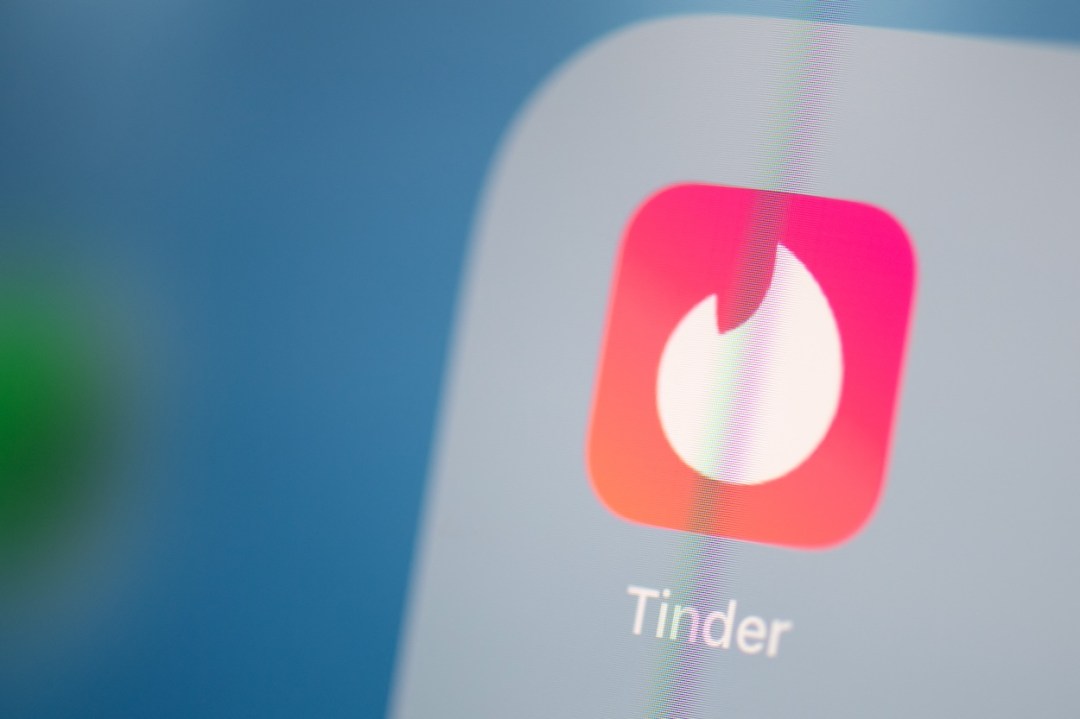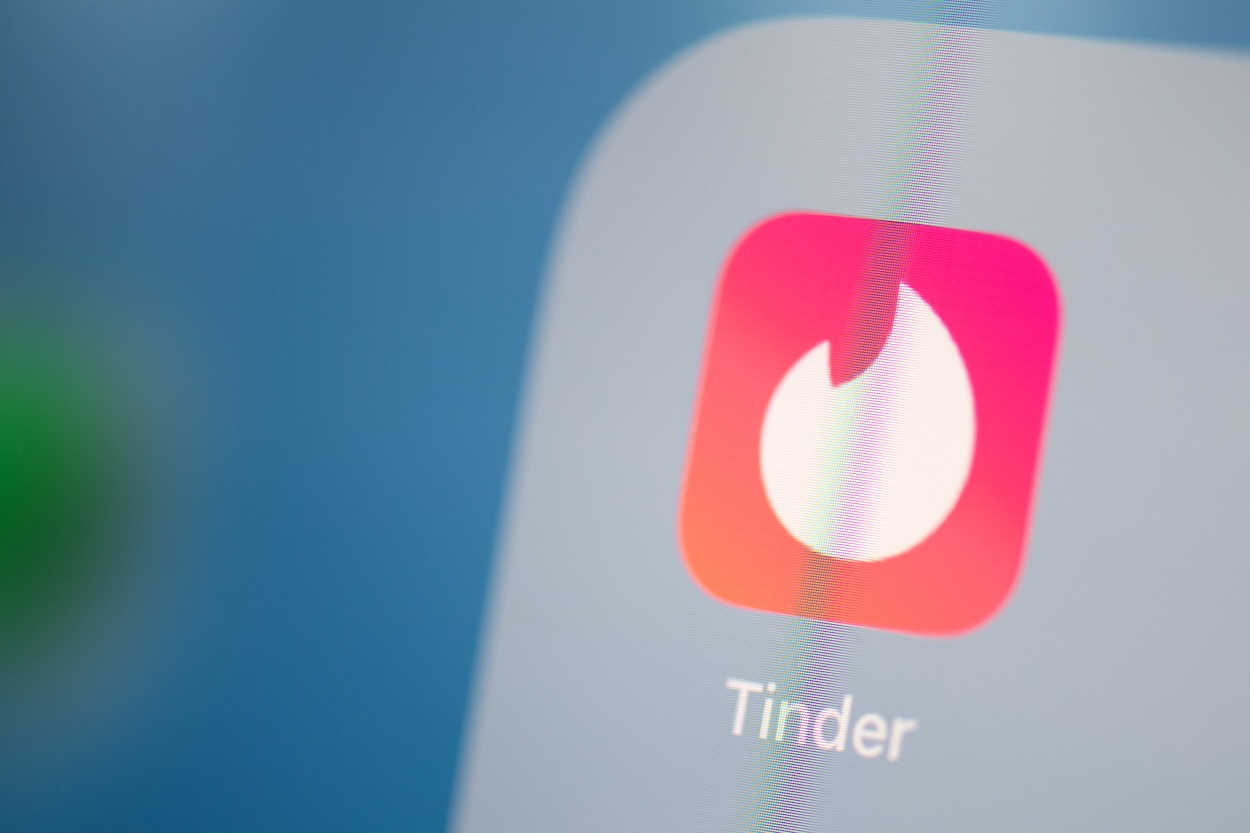Let me tell you a ghost story. I began texting Becky two weeks ago. Soon the messages were flowing. A date was set, a table booked. Friday night. Soho. Here we go. Then, a day before the date, the texts stopped and the lady vanished – leaving me to cancel the restaurant and spend the evening in the company of Wordle.
It might be ten years since ‘ghosting’ was added to the dictionary, but the disappearing act has lost none of its sting. It’s also as common as ever: four out of five singletons say they’ve been ghosted. Received wisdom blames the apps. The industrial scale of dating today causes collateral damage. With everyone furiously swiping, matching and texting, there’s not enough time to close every administrative loop. You wouldn’t expect an employer to get back to every unqualified pup who applied for the job, would you? As clinical as it can feel, ghosting brings a necessary efficiency to the en masse era of romance. It’s not personal. It’s Tinder.
Alas, ghosters will have to do better than ‘love the player, hate the game’. Yes, apps have turned dates into an abundant resource, which makes potential mates more expendable. Our love lives have been cleansed of inconvenience – and there’s nothing so bothersome as regard for others. However, the business model only works because the apps are in cahoots with the worst devils of our nature. We ghost because we’re cowards. A parting text calls for nothing more than a moment’s thought and a bit of backbone. But, on a bad day, we can’t summon them. Ghosting isn’t just about a structure that normalises discourtesy. It’s also about free agents of weak character.
Weak character and a certain age. A whopping 61 per cent of single millennials admit to having ghosted someone, but is nothing on the 78 per cent of Gen Z. How curious that the biggest ghosters are also those who shout loudest about our responsibility to ‘be kind’ online. They flout their virtue on the socials, yet forget their manners on the apps. It’s a paradox that might be explained by Gen Z’s claim to personal comfort before almost anything else. They demand safety from trolls – and from their own inconvenience. Yet one text is all it takes. And to make it even easier, I have the formula:
Thanks + Compliments + Regrets + Consensus + Goodbyes = A message to spare you the shame of ghosting.
Let’s take these one at a time:
Received wisdom blames the apps. The industrial scale of dating today causes collateral damage
- Thanks
To ease both parties into the message. Its tone of formality subtly prepares the one on the receiving end for bad news. At least it has for me. - Compliments
They never hurt anyone and there’s a bit of truth to them: something about this person attracted you enough to swipe right. So out with it. As long as it’s clean. - Regrets
Take the edge off rejection by saying you’re only ending things with reluctance. - Consensus
Suggest that the other might share your opinion about things going no further. It lightens the burden on you and salves the pain for them. - Goodbyes
A breezy but definitive farewell that says: this conversation’s over.
You might now be thinking these five little points are one big lie. Ghosting has its faults, but dishonesty isn’t one. To which I’d reply: you’re right. Nothing expresses our authentic selves better than selfishness and cowardice. But it hardly follows that we ought to express them. To show the formula at work, I’ve drafted a message. Call me your anti-ghostwriter:
Hey Adam, thanks for the chat – it’s been fun. I felt lucky to match with a guy as impressive as you. But with regret, I don’t think you and me are a match in the greater sense – a view I think you probably share. Don’t want to waste your time, as I wouldn’t wish anyone to waste mine. Good luck with everything, but I doubt you’ll need it. All the best, Eve
After ten years of the ghosts, choose instead to banish them. It’s a better end than a bitter one. Right, Becky?








Comments